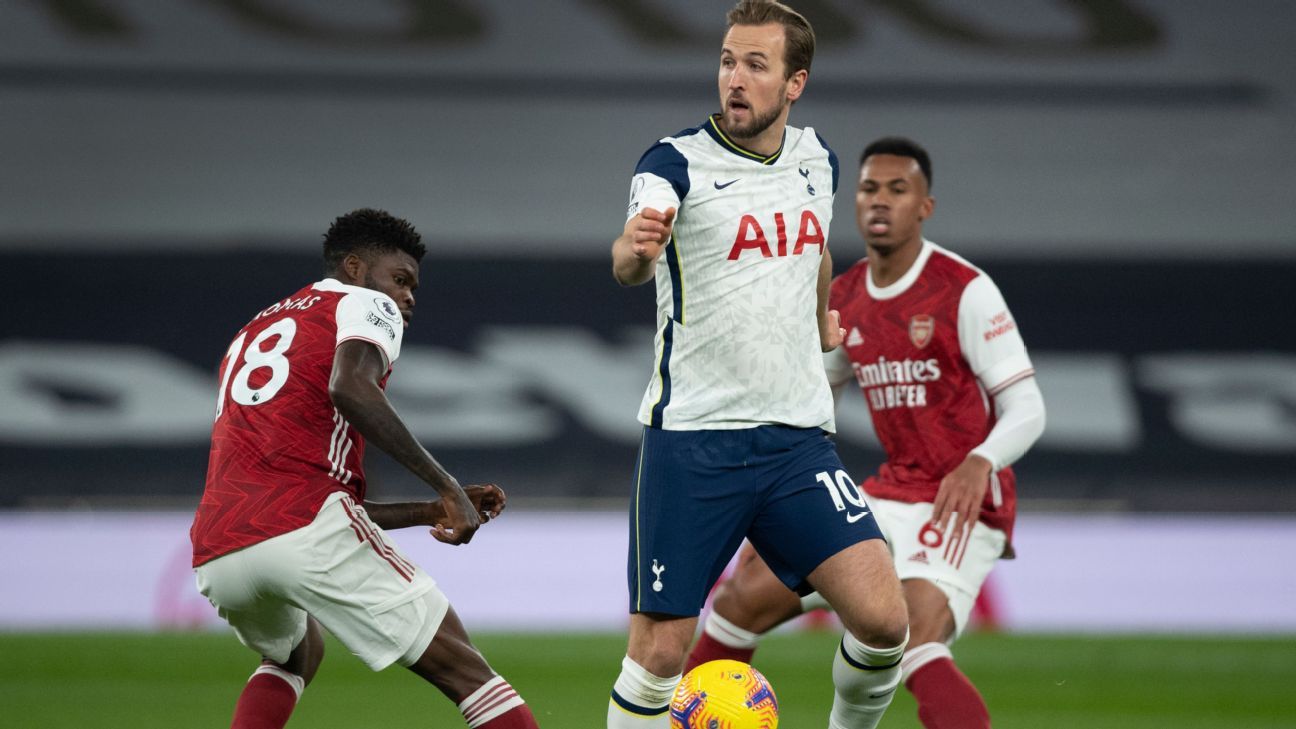
The aim was to prevent taxes from being used to cover the Premier League’s millionaire salaries, but despite these good intentions, some clubs would benefit
The British Government made an important decision last November pulled men’s soccer out of its £ 300 million support for the sport.
The aim was to prevent the taxation of the citizen from increasing pay the millionaire salaries of the Premier League players.
An a priori interesting initiative because it allowed it 340 million euros goes to more minority sports and that they have been more affected by the pandemic than a football that runs more or less normally today.
Despite these good intentions some English clubs would benefit from corporate support launched by the government during the pandemic.
The Covid Corporate Financing Facility (CCFF) is one A state-designed tool that allows large companies to receive financing from the Bank of England at low interest rates.
As revealed by the Financial times“There are several teams that have successfully claimed this help. Arsenal has received 120 million pounds (135 million euros) and Tottenham Hotspur 175 million (198 million euros). Despite the fact that both have left large amounts of money in the past summer market, have had access to this public support.
Carlos Vinicius, Sergio Reguilón and Pierre-Emile Hojbjerg cost Tottenham about 50 million euros in transfer alone, without counting salaries, while Arsenal paid 75 million in the purchase of Thomas Partey and Gabriel, in addition to renewing Pierre-Emerick Aubameyang and a Stratospheric salary on Willian.
Does this contradict what the government says? No, according to the parameters set by this funding support. To access the loans, you must be a company that “makes a substantial contribution to the UK”, that is not an “investment vehicle” and that was in a good financial position before the crisis, in addition to some minor requirements.
They meet all of them, football clubs and even the English federation, that one also asked for a loan of 198 million euros to soften the blow of organizing competitions such as the FA Cup and League Cup without an audience, as well as England’s international matches.
The funny thing is, those who have it locked out, or have received less help, were lower clubs, from categories such as the championship (second division) lower, whose financial situation was not so vibrant before the pandemic.
This has led to their complaints and the opinion among them that low interest loans to clubs like Arsenal and Tottenham Hotspur distort competition and make the differences between the rich and the poor in football even more striking.
And it is that while the small clubs are suffering the devastation because they cannot get an audience in the stadiums, with what that means in terms of less merchandising and food and drink sold, the big on the one hand are suffering millionaire losses. time they request, borrowed from someone else.
According to a report from the firm Deloitte published this week, Tottenham reduced its profit by 90 million euros in the past financial year as a result of the pandemic, while Tottenham’s slowdown was 57 million.
Data showing the huge pit that Premier League clubs are going through, hit by the fall in television revenues and failed by the government in refusing them the aid of the 300 millionwhile they could sneak through the Bank of England loan door.